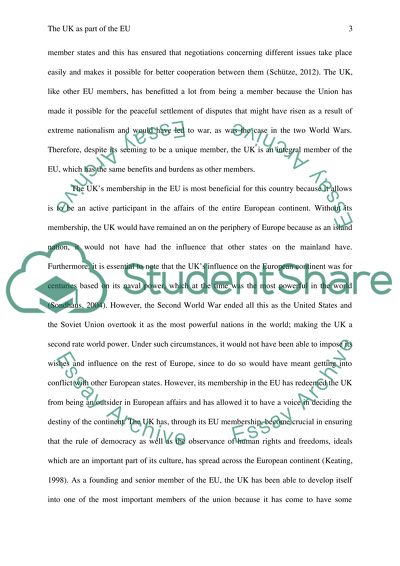Cite this document
(“Forget the rhetoric. Look at the reality. The UK is as much an EU Essay”, n.d.)
Forget the rhetoric. Look at the reality. The UK is as much an EU Essay. Retrieved from https://studentshare.org/social-science/1677559-forget-the-rhetoric-look-at-the-reality-the-uk-is-as-much-an-eu-member-state-as-any-other-discuss
Forget the rhetoric. Look at the reality. The UK is as much an EU Essay. Retrieved from https://studentshare.org/social-science/1677559-forget-the-rhetoric-look-at-the-reality-the-uk-is-as-much-an-eu-member-state-as-any-other-discuss
(Forget the Rhetoric. Look at the Reality. The UK Is As Much an EU Essay)
Forget the Rhetoric. Look at the Reality. The UK Is As Much an EU Essay. https://studentshare.org/social-science/1677559-forget-the-rhetoric-look-at-the-reality-the-uk-is-as-much-an-eu-member-state-as-any-other-discuss.
Forget the Rhetoric. Look at the Reality. The UK Is As Much an EU Essay. https://studentshare.org/social-science/1677559-forget-the-rhetoric-look-at-the-reality-the-uk-is-as-much-an-eu-member-state-as-any-other-discuss.
“Forget the Rhetoric. Look at the Reality. The UK Is As Much an EU Essay”, n.d. https://studentshare.org/social-science/1677559-forget-the-rhetoric-look-at-the-reality-the-uk-is-as-much-an-eu-member-state-as-any-other-discuss.


